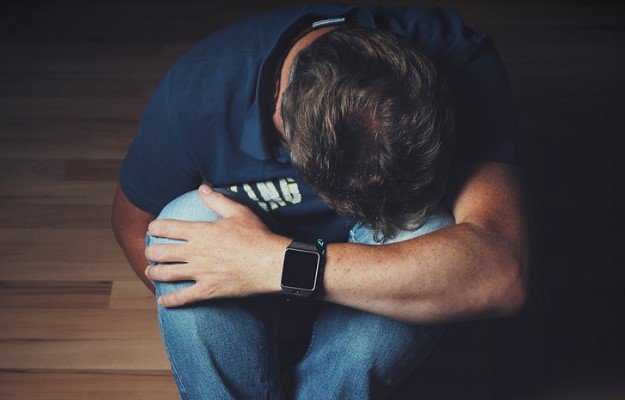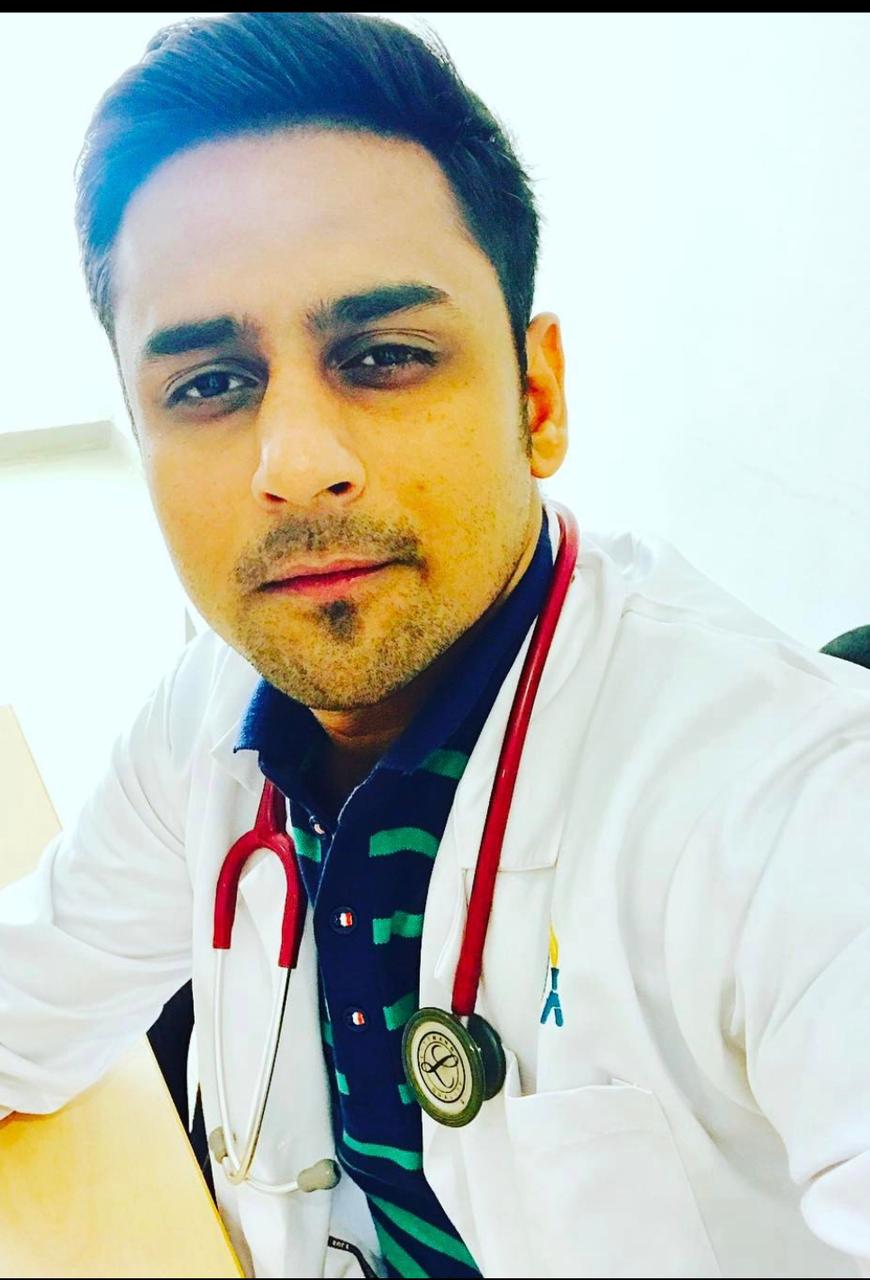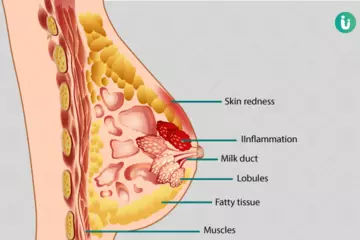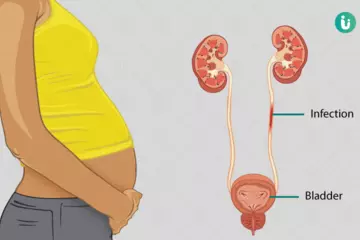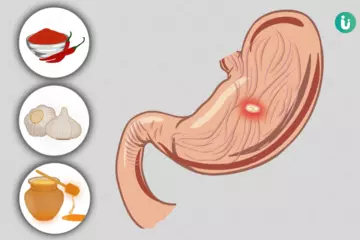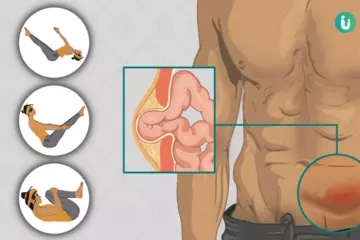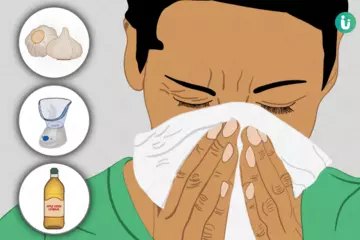What is trauma?
Trauma is a condition that results from a set of circumstances, a series of events, or a harmful or threatening event that an individual experiences emotionally or physically. This event can have long-lasting adverse effects on the individual's social, emotional, physical functioning and well-being.
What are its main signs and symptoms?
Mental responses to a traumatic event include:
- Reduced memory and concentration
- Disturbed thoughts about the event
- Confusion
- Parts of the event repetitively playing in the mind
Physical responses to a traumatic event include:
- Disturbed sleeping patterns
- Dizziness, nausea and vomiting
- Headaches
- Sweating profusely
- Increased heart rate
Behavioural responses to a traumatic event include:
- Changes in appetite
- Drifting away from regular routines
- Sleeping issues
- Getting engrossed in tasks related to recovery
- Developing habits of cigarette, alcohol and coffee consumption
- Inability to stop thinking about the event
- Avoiding any memories associated with the event
Emotional responses to a traumatic event include:
- Panic, anxiety, and fear
- Feeling emotionless
- State of shock
- Feeling confused and detached
- Moving away from people and not wanting to connect with them
- Feeling like the event is still happening and that there’s danger around
- Feeling of exhaustion after the event is over
- Feeling let down after the event is over
- Experiencing feelings of guilt, depression, avoidance, and oversensitivity during the let-down phase
What are the main causes?
Experiencing the following events could trigger a traumatic response in a person:
- Loss
- Physical and sexual abuse
- Community, domestic, workplace violence
- Crime
- Natural calamity
- Feeling of deprivation
- Traumatic sorrow
- Medical procedures, injury or illness
How is it diagnosed and treated?
Trauma is diagnosed when an adult has all of these symptoms for more than at least a period of one month:
- At least two reactivity and arousal symptoms
- At least one of the re-experiencing symptoms
- At least two mood and cognition symptoms
- At least one of the avoidance symptoms
Trauma is treated using:
- Cognitive behavioural therapy
- Exposure therapy
- Cognitive restructuring
- Systematic desensitisation
- Anxiety management
- Stress reduction therapy
- Eye movement desensitisation and reprocessing
- Antidepressants and other medications.

 Doctors for Trauma
Doctors for Trauma  OTC Medicines for Trauma
OTC Medicines for Trauma

